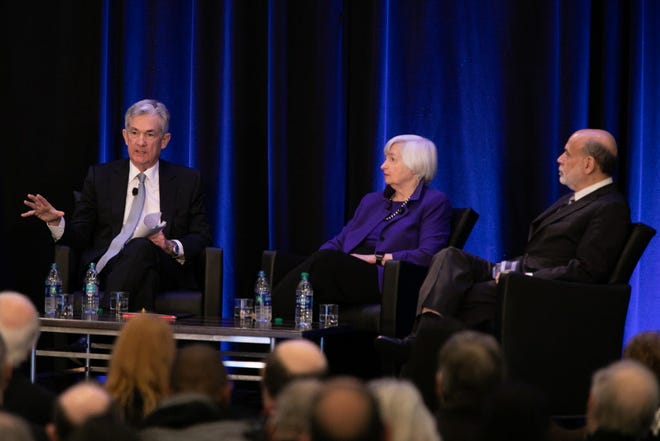The magazine, The Economist, wrote in its October edition that, “The world is on the brink of a real-time revolution in economics, as the quality and timeliness of information are transformed. This state-of-the-art innovation has enabled governments and central banks to gather and analyze data faster enabling better public-sector decision making.”
The Economist labeled the emphasis on timely collection of data the “third wave” of economics.
The First Wave included seminal economists such as Adam Smith, John Maynard Keynes, and Milton Friedman. Their observations evolved from reading the literature and formulating theoretical recommendations. Smith pointed out that governments granting monopolies led to the production of less goods at higher prices. Keynes, during the Great Depression, encouraged government spending to keep the economy moving because private enterprise preferred to hoard cash rather than make new investments. Friedman, to prevent recessions and inflation, advocated growing the monetary base no faster than economic growth.
The Second Wave incorporated the use of official statistics. Computers made it easier to spot patterns and ascribe causality. However, the effectiveness of the statistics was constrained by the release of data months or even years later making it stale.
We are now embarking on The Third Wave which focuses on analyzing real-time data so that policymakers can intervene speedily and appropriately.
Historically, government bodies have not acted with the dispatch of private enterprise. During the 1980’s, Walmart pioneered supply-chain management. By contrast, the public sector has been slower to apply these techniques. For example, data on the gross national product or employment is announced with delays of weeks or months. Even more troubling, the numbers are frequently revised.
The Economist reported the following innovations:
- The government now investigates data that is not only abundant but is also directly relevant to real world problems such as the day-by-day movements of ships, credit card balances, and restaurant bookings.
- Economists now use sources such as Twitter to get individuals’ responses to government policies.
- Economists are putting more weight on data rather than just reliance on theory.
- Bureaucrats have started studying “high frequency” data such as airport passengers, hour-by-hour credit-card spending, and commodity prices.
America is experiencing a mixed economy. Federal, state, and local governments play an important role in our economy. Fortunately, the enhanced ability to capture data on a timely basis can improve government decision-making. Policy errors can lead to millions of people losing their jobs and a needless slowdown in the economy.
Today, government officials are in a quandary. According to the Census Bureau, the rate of growth in the U.S. slowed to 2 percent in the third quarter because of the delta variant. This marked a sharp slowdown from the previous quarter. On the other hand, government officials such as Treasury Secretary Janet Yellen and Federal Reserve Chairman Jerome Powell have publicly stated that inflation will remain higher than 2% for at least another nine to twelve months. Thus, the Fed needs to decide when to taper their purchases of government securities and when they will begin raising interest rates. The Fed needs timely and accurate data to implement policies that will slow down our economy. The Fed now operates in a fishbowl. The political reverberations of their decisions can be intimidating to a central bank that historically prided itself on being politically independent.
Since time immemorial, people have used the expression “a stitch in time saves nine.” It means that it is better to spend a little time and effort to deal with a problem as it arises rather than to wait until later when it may become worse and take longer to correct.
Over my working life, inertia was the biggest obstacle to initiating and implementing needed change. May “the third wave” be the catalyst.
Originally published in the Sarasota Herald-Tribune




